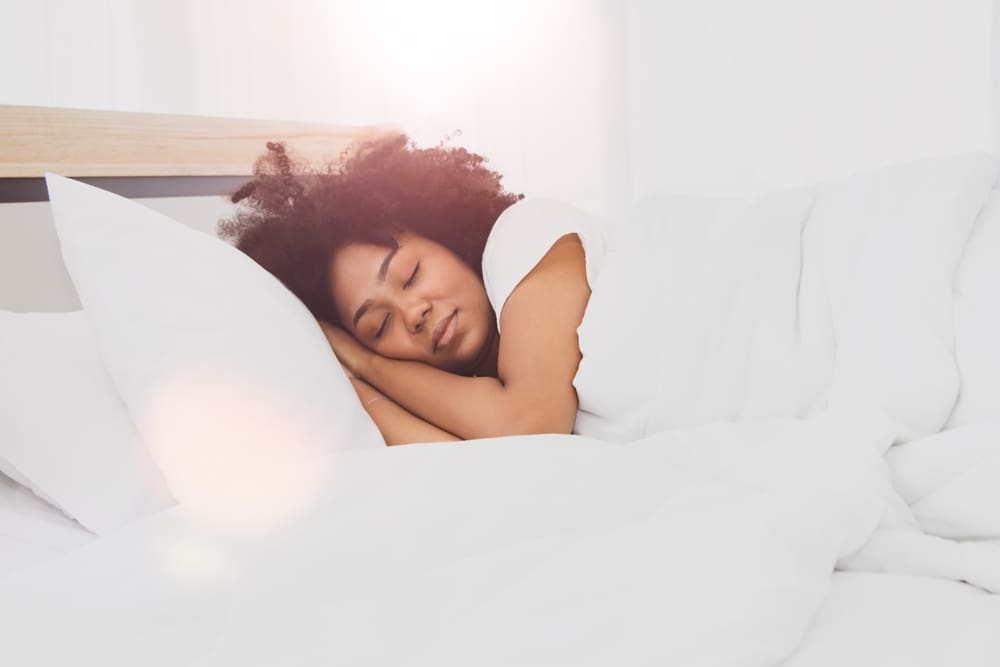As summer approaches, many individuals find their sleep patterns disrupted by longer daylight hours, warmer temperatures, and increased social activities. Research indicates that these seasonal changes can significantly affect sleep quality and duration. However, there are strategies to combat these issues and promote better sleep, even during the hottest months.
Understanding summer sleep challenges
Several factors contribute to sleep difficulties in the summer:
- Extended daylight: Longer evenings can suppress melatonin production, disrupting the body’s circadian rhythm and leading to more frequent awakenings at night.
- Heat: Higher temperatures can prevent the body from cooling down in preparation for sleep, resulting in lost rest.
- Social engagements: Increased activities can lead to irregular bedtimes and social jet lag, causing a misalignment between biological and social clocks.
- Travel: Vacationing can disrupt normal routines and circadian rhythms, with jet lag further impacting sleep quality.
Strategies for better summer sleep
To improve sleep during summer, consider the following tips:
- Establish a sleep routine: Consistency in bedtime and wake-up times helps regulate your internal clock.
- Daytime activity: Engage in morning exercise to set your body clock, but avoid vigorous activity close to bedtime.
- Dietary considerations: Limit caffeine and alcohol intake before bed and avoid late-night meals.
- Cool sleeping environment: Keep your bedroom at a comfortable temperature, around 65 to 68 degrees Fahrenheit, and use cooling bedding or blackout curtains if necessary.
- Optimize sleepwear: Choose pajamas made from natural fibers like cotton or silk to help regulate body temperature.
- Sleep solo: If possible, sleep alone to avoid additional heat from a partner or pet.
- Pre-bedtime shower: A lukewarm shower before bed can help lower your body’s core temperature.
- Limit light exposure: Dim lights in the evening and consider blue-light blocking glasses to encourage melatonin production.
Quality sleep is crucial for overall health, reducing the risk of mood disorders, heart disease, obesity, and diabetes. If you’ve implemented these tips and still struggle with sleep, consult a healthcare provider to rule out potential sleep disorders.
Post Views: 17





